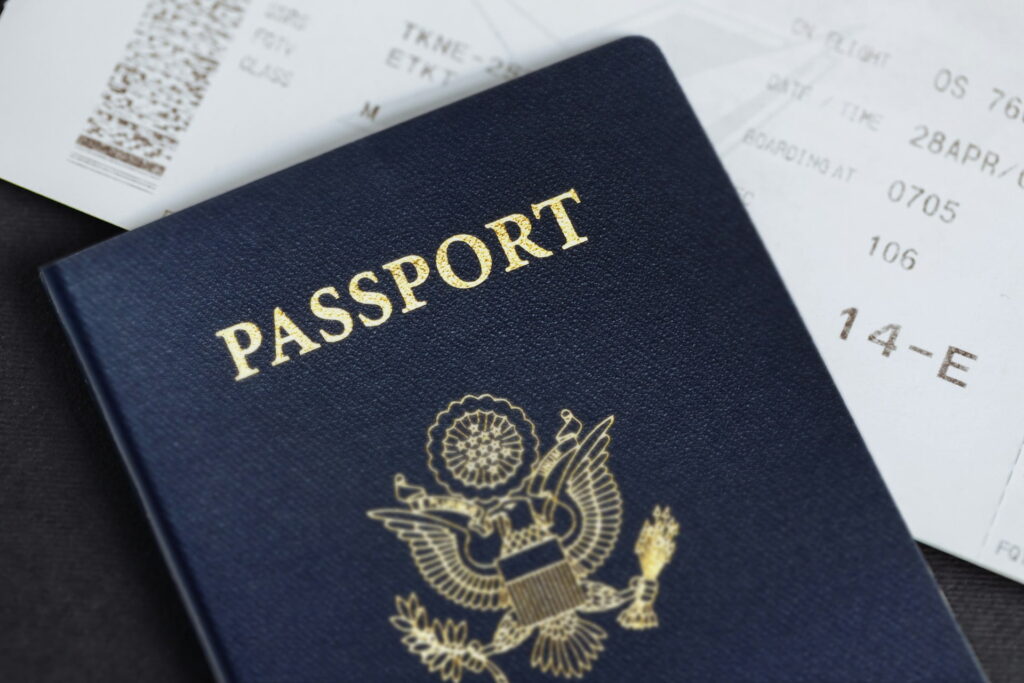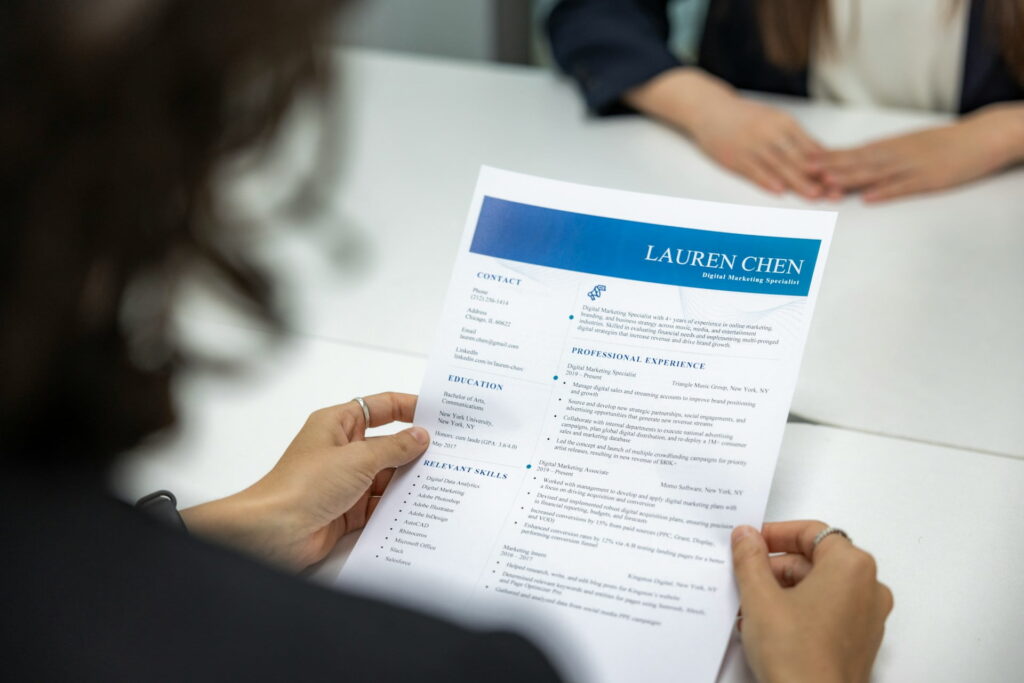Australia, with its busy cities and high quality of life, is a dream destination for many job seekers. If you’re considering working down under, you’ll need to know how to apply for jobs in Australia. This guide will walk you through the entire process, from understanding the job market to acing your interviews.
Understanding the Australian Job Market
When looking for jobs in Australia, it’s crucial to get a good grasp of the job market. The Australian job market is dynamic, with a variety of industries offering numerous opportunities. Sectors such as healthcare, IT, engineering, and education are constantly in need of skilled professionals. Understanding which sectors are booming can help you tailor your job search effectively.
The country also has a relatively low unemployment rate, which is good news for job seekers. However, competition can be fierce, especially in major cities like Sydney, Melbourne, and Brisbane. Knowing where the demand lies and what skills are in shortage can significantly boost your chances of landing a job.
Seasonal variations can also impact job availability. For instance, the retail and hospitality sectors often hire more staff during the holiday seasons. Keeping an eye on these trends and timing your applications accordingly can be a smart move when seeking jobs in Australia.
Lastly, networking plays a huge role in the Australian job market. Many positions are filled through referrals and internal networks. Therefore, building a strong professional network, both online and offline, can be invaluable in your job hunt.
Eligibility and Visa Requirements for Jobs in Australia

Before you start applying for jobs in Australia, it’s essential to understand the eligibility and visa requirements. Depending on your country of origin and the type of job you’re seeking, you may need a specific type of visa.
For skilled workers, the General Skilled Migration (GSM) program is a common pathway. This includes visas like the Skilled Independent Visa (subclass 189) and the Skilled Nominated Visa (subclass 190). These visas are designed for individuals who possess skills that are in demand in Australia.
Employer-sponsored visas are another option. If you have a job offer from an Australian employer, you might be eligible for the Temporary Skill Shortage Visa (subclass 482) or the Employer Nomination Scheme (subclass 186). These visas require sponsorship from your employer and are typically used to fill positions that cannot be filled locally.
Working Holiday Visas (subclass 417 and 462) are available for younger applicants from certain countries. These visas allow you to live and work in Australia for up to a year, with the possibility of extending your stay if you meet certain conditions.
It’s also crucial to check the specific eligibility criteria for each visa type, as they can vary. Factors such as age, qualifications, work experience, and English proficiency often play a significant role. Consulting with a migration agent or using the resources available on the Australian Government’s Department of Home Affairs website can provide you with the latest and most accurate information.
Finding Jobs in Australia

Once you’ve sorted out the visa requirements, the next step is finding jobs in Australia. There are several effective ways to search for job opportunities.
Online job portals are a popular starting point. Websites like SEEK, Indeed, and LinkedIn are widely used in Australia and host thousands of job listings across various industries. Creating profiles on these platforms and setting up job alerts can help you stay updated on new postings.
Company websites are another valuable resource. Many Australian companies list job openings directly on their websites, especially larger corporations. Regularly checking the careers section of companies you’re interested in can be fruitful.
Recruitment agencies can also be highly beneficial. Agencies like Hays, Michael Page, and Randstad specialize in matching job seekers with employers. They often have access to exclusive job listings and can provide you with personalized job search assistance.
Networking remains a powerful tool in finding jobs in Australia. Attending industry events, joining professional associations, and engaging in online forums can help you connect with potential employers and peers in your field. Don’t underestimate the power of a well-maintained LinkedIn profile in expanding your network.
Crafting Your Resume and Cover Letter for Australian Jobs

Crafting a resume and cover letter for jobs in Australia requires some attention to detail. Australian employers expect a clear, concise, and well-structured resume that highlights your skills and experience.
Start with a strong personal statement at the top of your resume. This should be a brief summary of your professional background and what you aim to achieve in your next role. Make sure to tailor this statement to each job you apply for.
Your work experience should be listed in reverse chronological order, starting with your most recent job. Focus on your key achievements and responsibilities in each role, and quantify your accomplishments where possible. For instance, instead of saying “managed a team,” say “managed a team of 10, improving productivity by 20%.”
Education details are important, but keep them concise. Include your highest qualifications first and list any relevant certifications or training courses. If you’re applying for a job that requires specific skills, make sure these are prominently featured in your resume.
Your cover letter is your chance to make a personal connection with the employer. Address it to a specific person if possible, and explain why you’re interested in the role and what makes you a good fit. Highlight your relevant experience and how it aligns with the job requirements.
Preparing for Job Interviews in Australia

Preparing for job interviews in Australia involves understanding the local interview culture and expectations. Australian interviews are generally relaxed but professional, and they focus on both your technical skills and cultural fit.
Researching the company thoroughly is the first step. Understand their values, mission, and the specifics of the role you’re applying for. This knowledge will help you tailor your responses and demonstrate your genuine interest in the company.
Practice common interview questions and prepare your answers. Australian employers often use behavioral interview techniques, which means they’ll ask you to provide examples of past experiences. Use the STAR method (Situation, Task, Action, Result) to structure your responses and ensure you cover all the key points.
During the interview, be prepared to discuss your experience, skills, and why you want to work in Australia. Emphasize how your background makes you a great fit for the role and the team. Don’t be afraid to ask questions about the company culture and expectations – this shows you’re interested and engaged.
Finally, follow up after the interview with a thank-you email. This is not only polite but also reinforces your interest in the role and keeps you top of mind for the employer.
Conclusion
Navigating the process of applying for jobs in Australia as a foreigner can be challenging, but with the right preparation and understanding, it becomes much more manageable. By comprehensively researching the job market, meeting eligibility and visa requirements, effectively searching for jobs, and preparing tailored application materials, you’ll be well on your way to securing employment in Australia. Whether you’re drawn by the vibrant cities, the high quality of life, or the diverse opportunities, Australia has a lot to offer for foreign job seekers.


